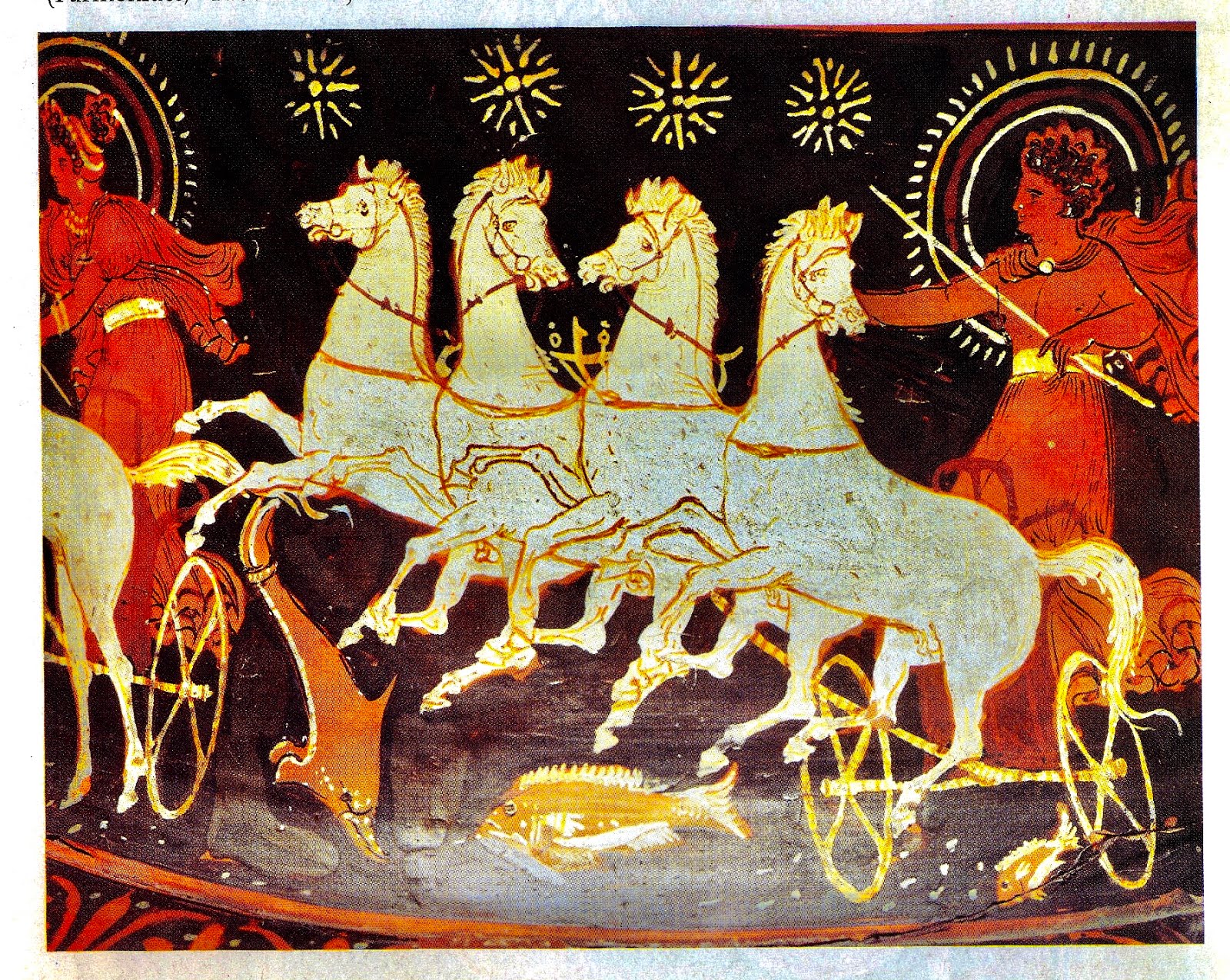Trump the billionaire I have been observing Trump since 2016. He is a despot in a business suit. He is undermining the government and the health of Americans and the natural world. He says he’s a billionaire and proud of it. And to prove how far he stands from the wishes and aspiration of Americans, he filled his cabinet mostly with billionaires. It’s as if, with Trump competing for the presidency, the country went into a frenzy: turning down Hillary Clinton, the first woman seeking the country’s highest office, and electing Trump the billionaire. Naturally, Trump lived up to his money reputation and opened the national treasury to fellow oligarchs. Americans naively thought nothing of it. Economists rushed to excuse tax cuts and subsidies to the super rich and polluting petroleum and chemical corporations. Their gospel says that is necessary for a more “efficient” economy and government. Trump’s government, however, has nothing to do with efficiency, but everything with wid
